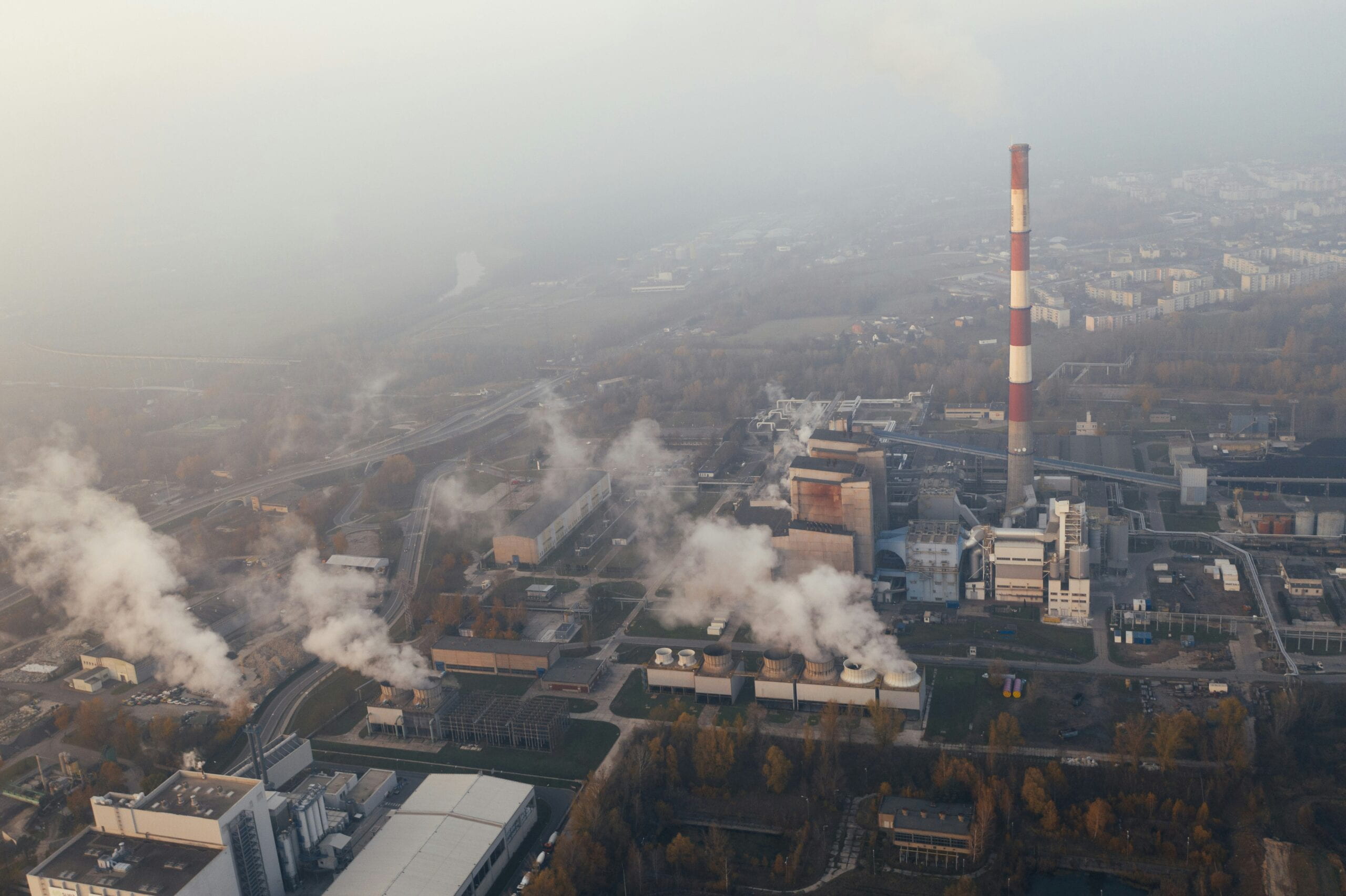
The United States Environmental Protection Agency (EPA) has implemented new policies aimed at limiting damages caused by disasters originating from chemical facilities. The new EPA rules directly address potential threats to society while mitigating the effects of such disasters. The new policies will be implemented in over 12,000 chemical plants and other industrial sites nationwide.
The new regulations require chemical plants to undergo an independent audit and be more transparent with the surrounding community. Chemical plants must share extensive amounts of data and up-to-date information with the surrounding community and nearby emergency service agencies. Janet McCabe, Deputy Administrator of the Environmental Protection Agency, stated, “[w]e’re putting in place important safeguards to protect some of our most vulnerable populations.” McCabe emphasized that the increased safety measures and precautions come at a time in which the impacts of climate change are more severe than ever before.
In 2017, severe flooding from Hurricane Harvey shut the power at a peroxide plant located outside Houston, Texas. This caused an excess of chemicals to overheat and explode, resulting in mass evacuations in surrounding areas. This serves as an example of the dangerous effects associated with natural disasters, specifically when they interact with chemical plants and other industrial sites.
While many advocates have stated that these rules are not sufficient to combat the dangerous effects within society, they serve as a signal that we are moving in the right direction in the fight against climate change.
By Justin Goldberg
